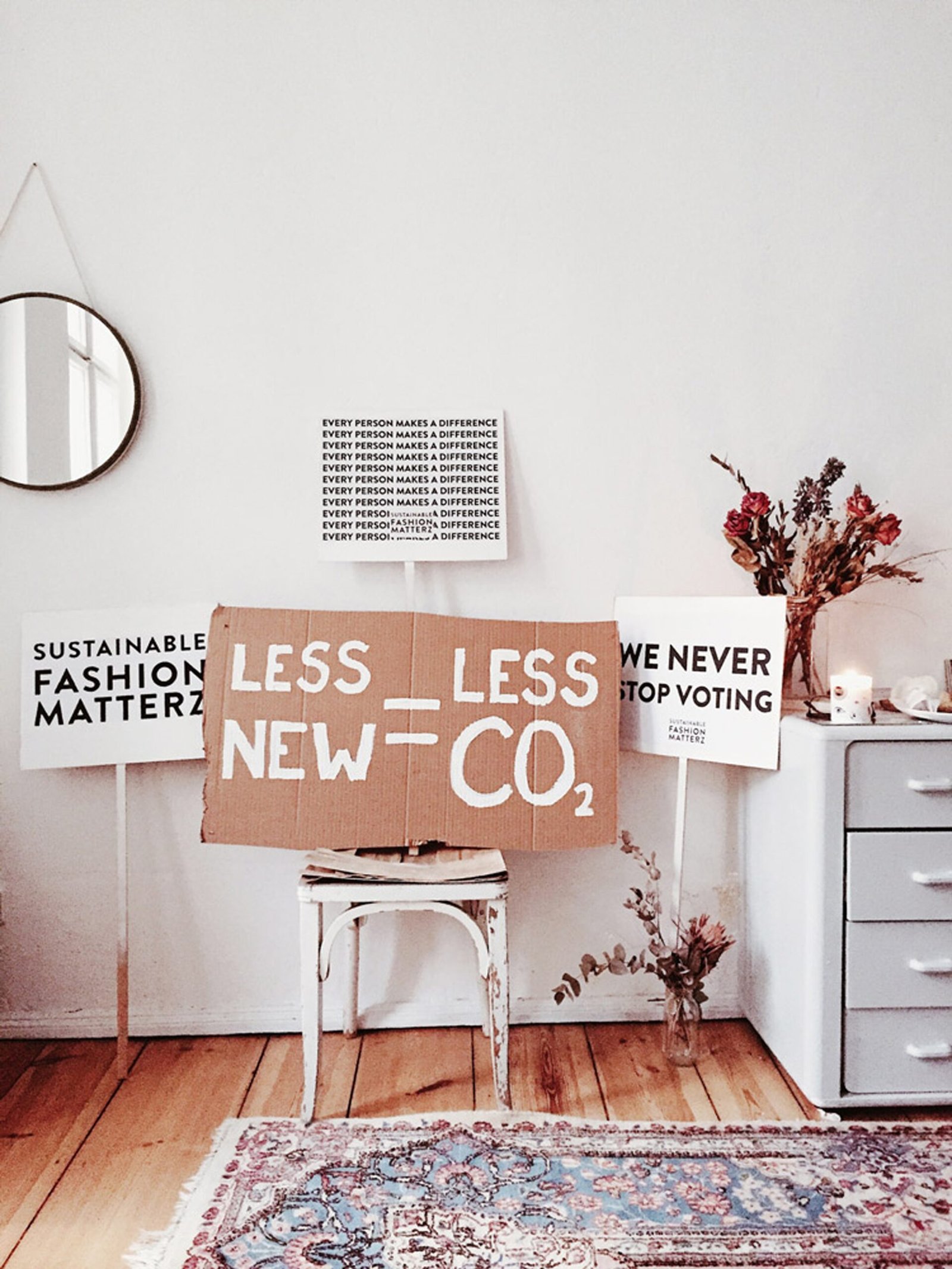Introduction
In recent years, the fashion industry has come under scrutiny for its negative impact on the environment and human rights. As a result, the concept of sustainable fashion has gained significant attention and importance. In this blog post, we will explore why sustainable fashion matters and delve into the world of ethical clothing.
The Environmental Impact of Fast Fashion
Fast fashion, characterized by cheap and quickly produced clothing, has become a major contributor to environmental pollution. The fashion industry is responsible for massive amounts of waste, water pollution, and carbon emissions. The production and disposal of synthetic fabrics, such as polyester, contribute to the release of harmful chemicals into the environment.
Sustainable fashion aims to combat these issues by promoting eco-friendly practices throughout the entire lifecycle of a garment. This includes using organic and natural materials, reducing waste through recycling and upcycling, and implementing ethical manufacturing processes.
Benefits of Sustainable Fashion
1. Environmental Protection: By choosing sustainable fashion, you are actively contributing to the preservation of our planet. Sustainable clothing is made from organic and natural materials that are biodegradable and do not harm the environment.
2. Reduction in Waste: The fashion industry is notorious for its high levels of waste. Sustainable fashion aims to reduce waste by recycling and upcycling materials, extending the lifespan of garments, and promoting a circular economy.
3. Ethical Production: Sustainable fashion ensures that workers are treated fairly and paid a living wage. It promotes safe working conditions and prohibits child labor, ensuring the well-being of those involved in the production process.
How to Support Sustainable Fashion
1. Choose Quality Over Quantity: Instead of purchasing cheap, low-quality clothing that will quickly end up in landfills, invest in well-made, durable pieces that will last longer.
2. Educate Yourself: Learn about the brands you support and their sustainability practices. Look for certifications such as Fair Trade, GOTS (Global Organic Textile Standard), and B Corp to ensure ethical and sustainable production.
3. Buy Secondhand or Vintage: Shopping at thrift stores or online platforms for secondhand clothing not only reduces waste but also gives a new life to pre-loved garments.
Conclusion
Sustainable fashion matters because it has a positive environmental impact and promotes ethical practices within the fashion industry. By supporting sustainable fashion, we can contribute to the preservation of our planet and the well-being of workers involved in the production process. Let’s make conscious choices and embrace a more sustainable future.


